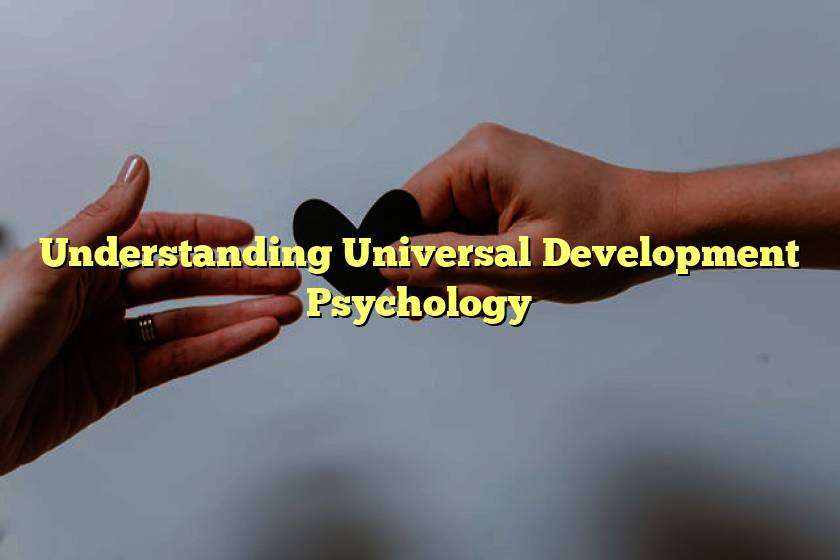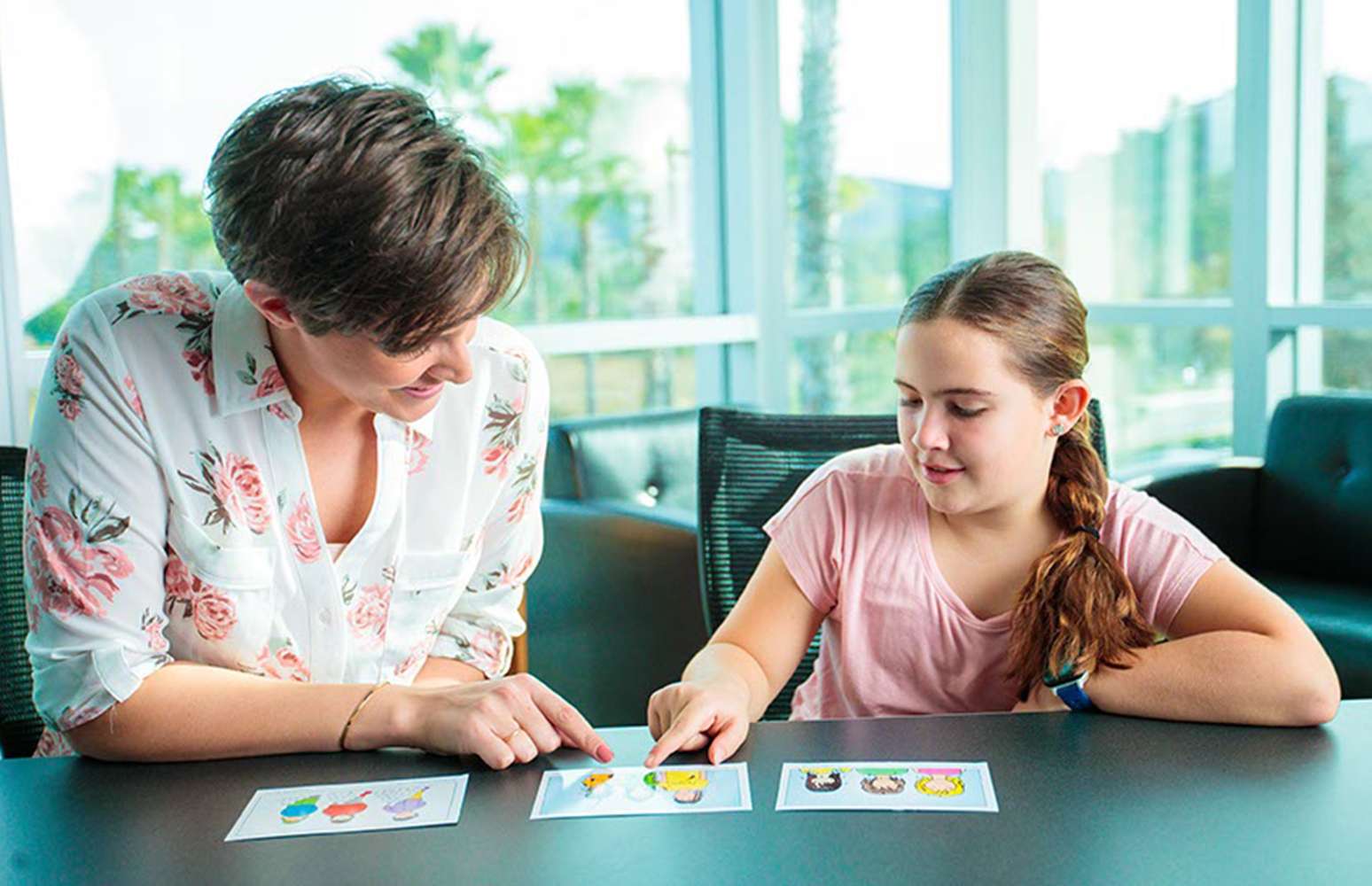As parents, one of the most important and daunting tasks we have is ensuring our children develop healthily and are equipped to face the challenges of life. Universal development psychology is a concept that helps us understand the various stages of a child’s development, how they learn, and how we can provide them with the tools they need to thrive in life.
What is Universal Development Psychology?
Universal development psychology is the study of how people develop over time. It is concerned with the physical, cognitive, emotional, and social changes that occur in individuals from infancy through to old age. It is a widely accepted theory that outlines stages of development from birth to adulthood.
Stages of Development
Infancy
This stage ranges from birth to around 2 years old. During this stage, infants learn to develop trust and form a bond with their primary caregiver. They also learn to explore their environment and develop basic motor skills such as crawling and walking.
Early Childhood
This stage ranges from 2 to 6 years old. Children at this stage have a strong desire to explore and learn about their surroundings. They also develop language skills and are able to form simple sentences and communicate their needs and wants.
Middle Childhood
This stage ranges from 6 to 11 years old. Children at this stage develop their cognitive skills and are able to think logically and systematically. They also start to develop a sense of identity and independence.
Adolescence
This stage ranges from 11 to 18 years old. Adolescents at this stage experience rapid physical, emotional, and cognitive changes. They are exposed to a wider range of experiences and often seek to establish their independence and sense of identity.
Adulthood
This stage ranges from 18 to old age. Adults in this stage are expected to establish their careers, form intimate relationships, and start families. They also experience significant physical and emotional changes as they age.
How Children Learn
Children learn through various stages and processes. They go through sensory and motor stages, followed by a period of pre-operational thinking, concrete operational thinking, and finally, formal operational thinking.
Sensory and Motor Stage
During the first two years of life, children’s learning is primarily through their five senses, and they learn through their experience of touching, tasting, and feeling their environment.
Pre-Operational Thinking
From age 2 to 7, children’s cognitive thinking moves to pre-operational. They begin to use symbols to represent objects, such as drawing. They also begin to understand the meaning of language and are able to think about things that are not present in front of them.
Concrete Operational Thinking
From age 7 to 11, children’s cognitive thinking moves to concrete operational thinking. They start to think about things logically and systematically. They can do simple maths, understand time, and space, and understand cause and effect.
Formal Operational Thinking
From age 12 and up, children’s thinking becomes formal operational. They can think logically and systematically and can even think abstractly. They are also capable of hypothetical and deductive reasoning.
How to Help Your Child Thrive
As parents, it is important to provide guidance and support to our children during their development. Here are some tips on how you can help your child thrive:
Provide a Safe and Supportive Environment
Your child needs a supportive and safe environment to thrive. From infancy, it is important to provide them with a secure and stable environment that fosters a sense of trust and develops a strong bond with their caregivers.
Encourage Exploratory Play
Encourage your child to explore and play. This helps them develop their cognitive skills, improve their physical health, and enhance their social and emotional development.
Provide Opportunities for Learning
Provide your child with opportunities to learn and grow. This can be through play, reading together, or taking them to cultural experiences such as art exhibitions, museums, or outdoor places like parks.
Model Positive Behaviors
As children learn through observation, it is important that you model positive behavior. Encourage positive communication, empathy, and respect for others.
Foster Independence
As your child grows, help them develop independence and autonomy. Encourage them to make their own decisions and take responsibility for their actions.
Conclusion
Universal development psychology is an important concept for parents to understand because it helps us comprehend and support our children’s development and growth. By providing a safe and supportive environment, encouraging exploratory play, providing opportunities for learning, modeling positive behaviors, and fostering independence, we can give our children the tools they need to succeed in life.



